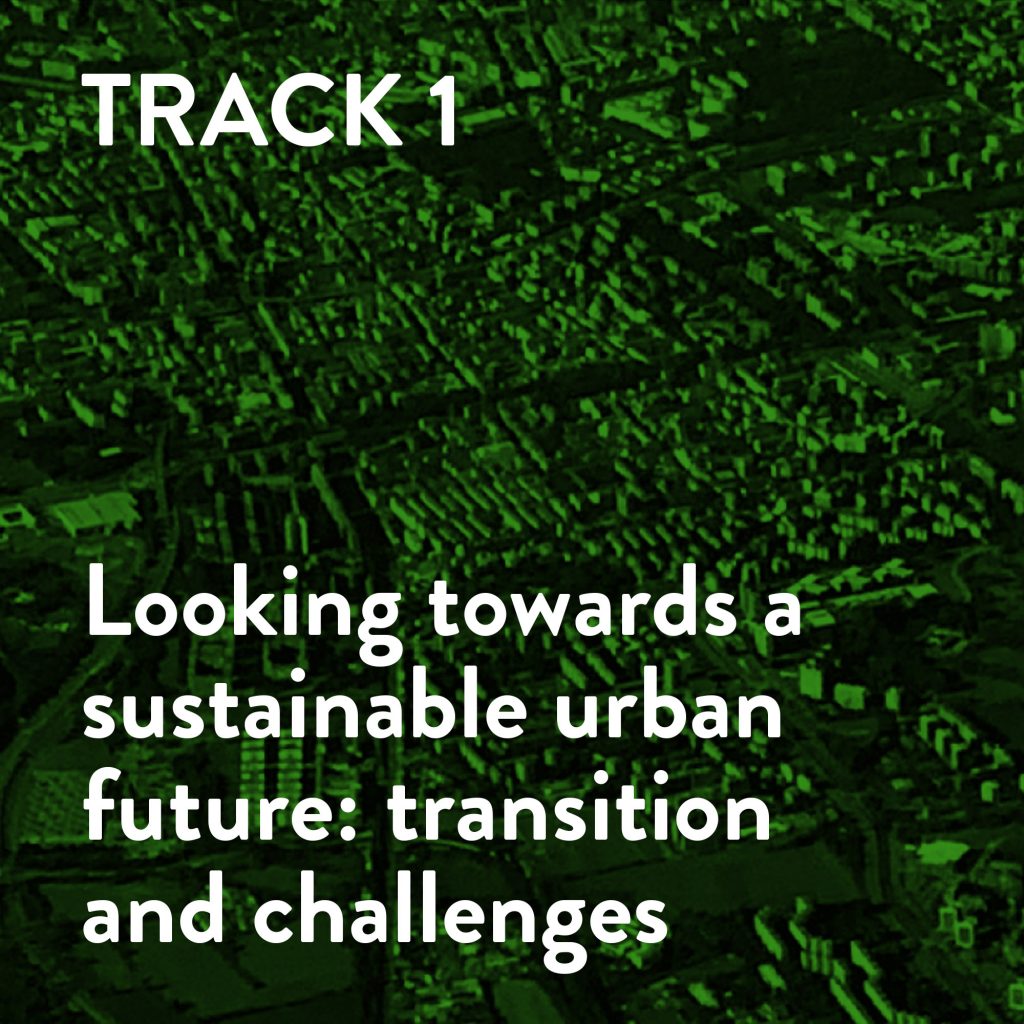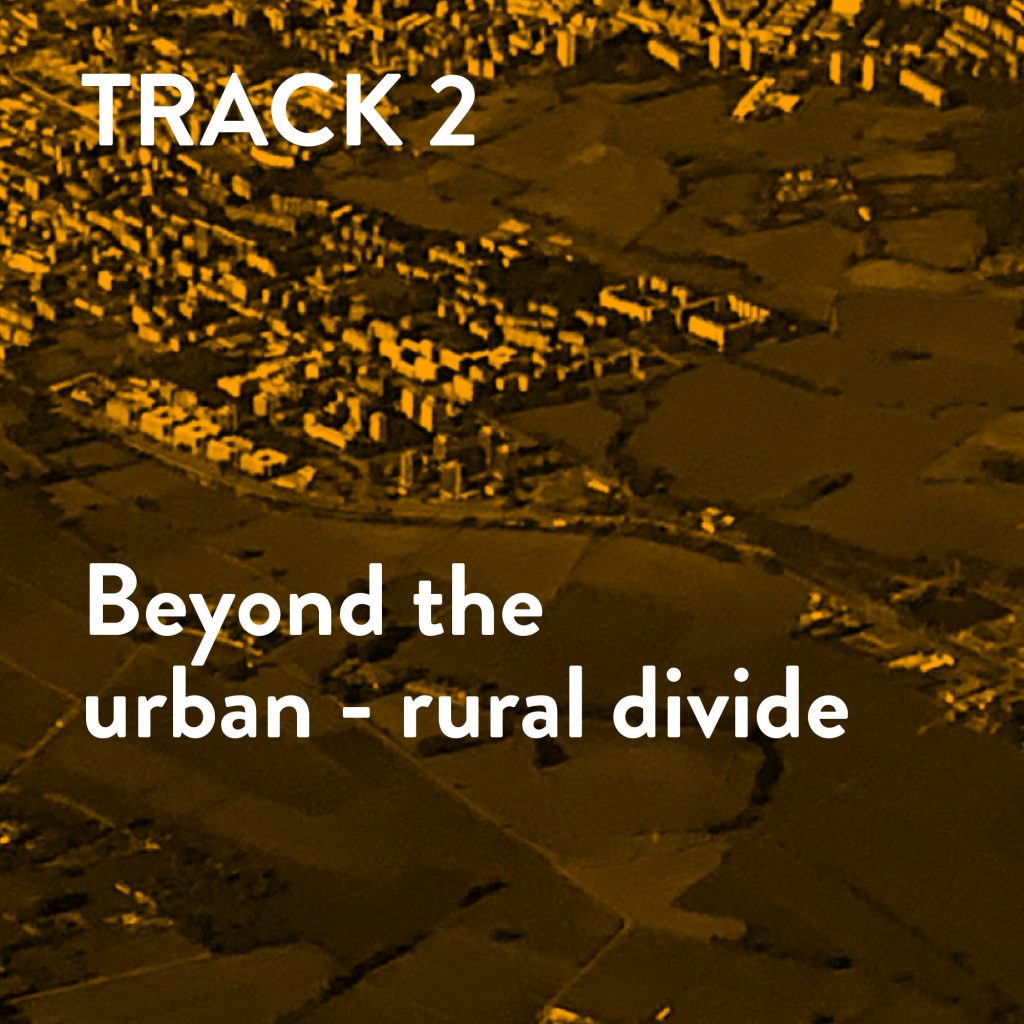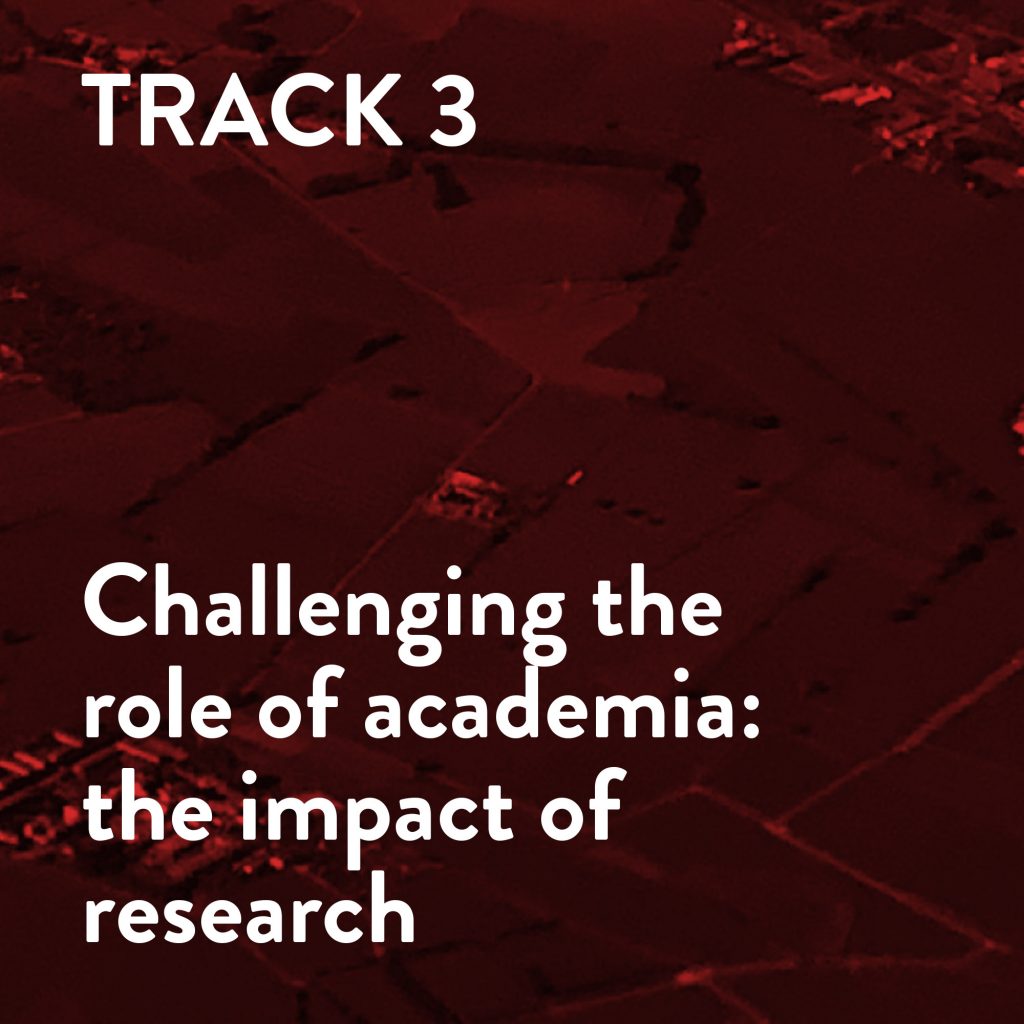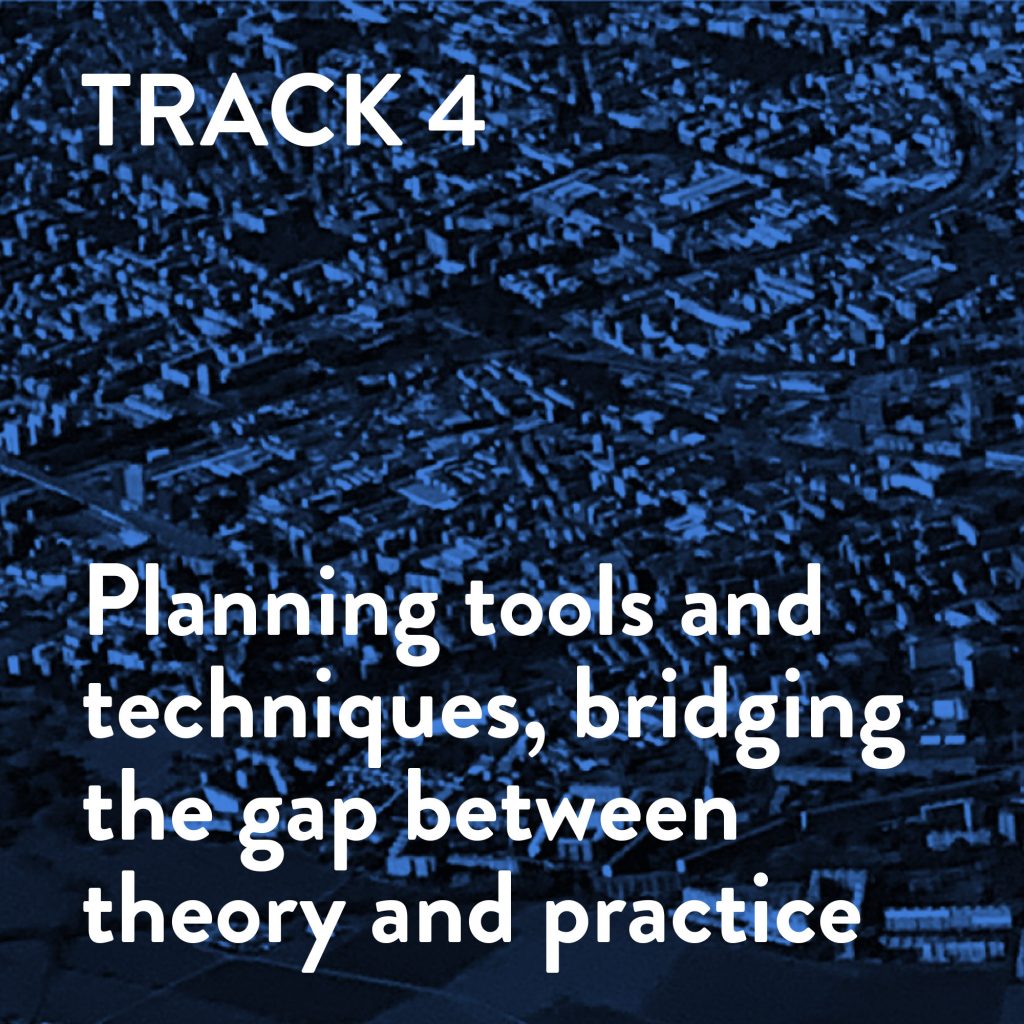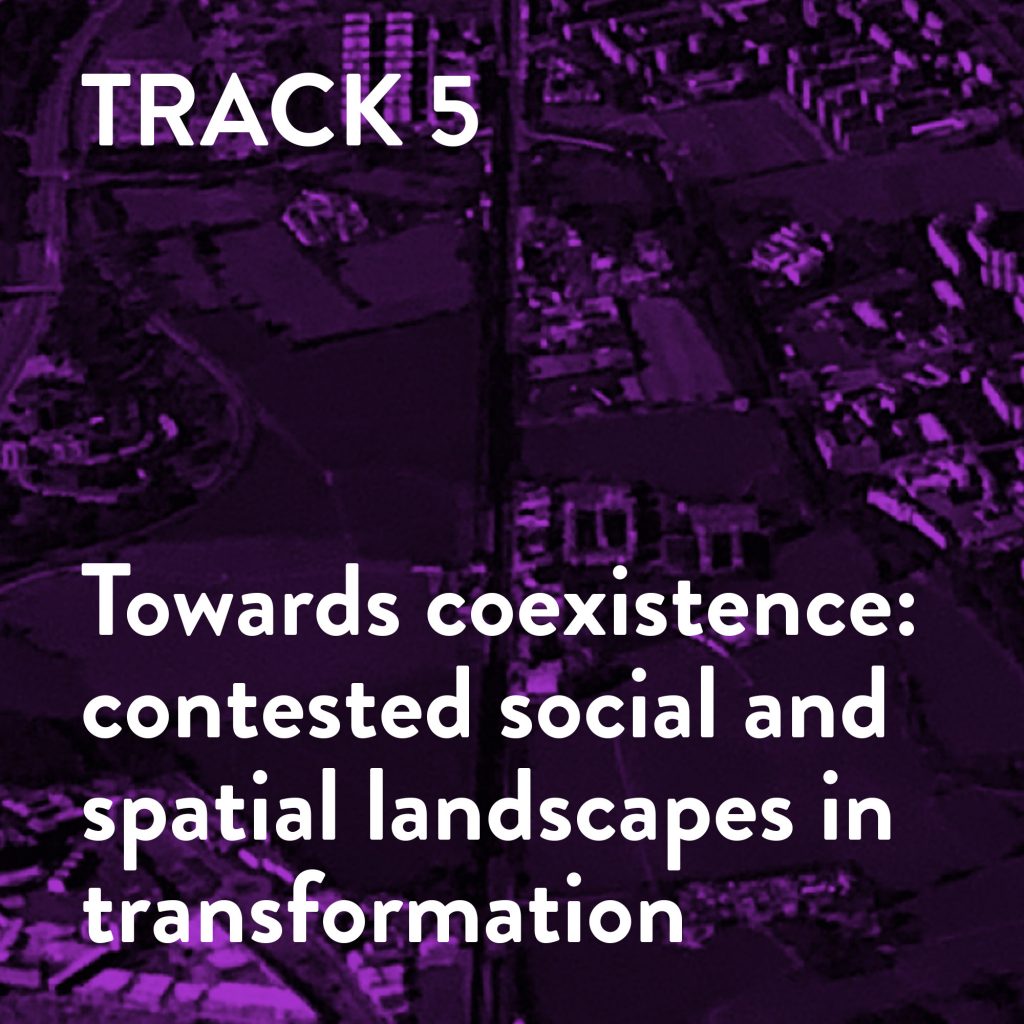Programme
Keynote Speeches
Integrated Urban and Energy Planning: Advancing Towards Carbon Neutrality in Switzerland
Gilles Desthieux (HES Geneva)
Wednesday 20 March 2024 ● 09:30 ● Aula Rogers / Building 11
In Switzerland, there is an increasing integration between urban planning and energy & climate planning at all scales. It is recognized that urban development should be grounded in a thorough assessment of potential local and renewable energy sources and infrastructures, such as solar power, geothermal energy, water resources, biomass, existing or planned energy networks, among others, to progress towards carbon neutrality. Many municipalities of a certain size have established municipal energy plans, which are progressively integrating aspects related to climate change adaptation. At the neighborhood level, this approach makes it possible to analyze different energy supply solutions and climate adaptation measures. The keynote will first introduce the concept of this integrated approach to urban and energy planning. Then, it will illustrate it using practical examples from research and studies at different scales.
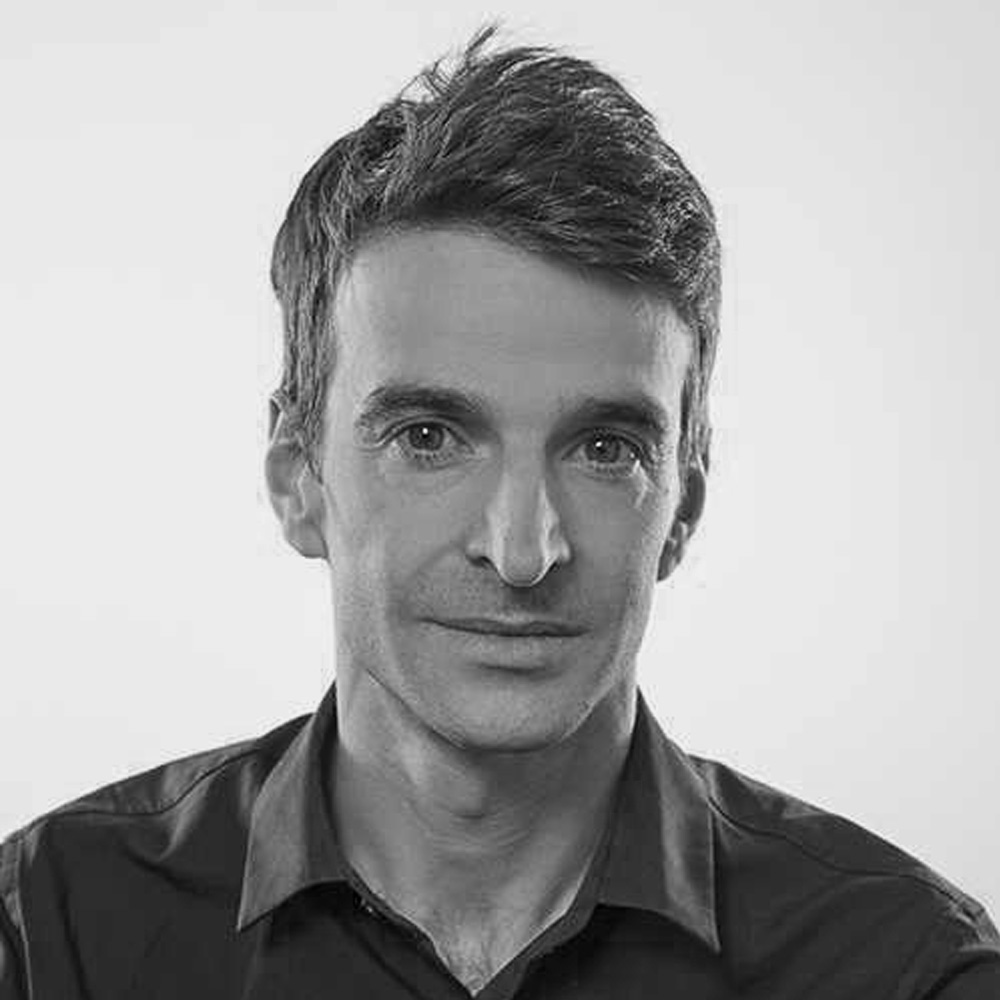
Gilles Desthieux is an associate professor at the Geneva University of Landscape, Engineering, and Architecture (HES-SO/hepia) and, at the same time, an energy-environment senior consultant at the company Amstein+Walthert Genève SA. He obtained a master’s degree in environmental engineering from EPFL and a PhD in science from the same institution. His recent and current activities, in terms of R&D and consulting, concern the development and implementation of an integrated urban and energy planning approach at the neighborhood and municipal scales, the development of GIS tools for energy mapping, urban solar planning, climate policies, sustainable neighborhood development. Gilles co-chairs Track 1.
Panthera pardus urbanus:
Exploring Coexistence in landscapes
of extended urban-wild enmeshment
Nitin Bathla (ETH Zurich)
Wednesday 20 March 2024 ● 10:00 ● Aula Rogers / Building 11
A fundamental dimension of planetary urbanisation is its radical transformation of nature both within and beyond cities. These transformations, however, present a paradoxical and double-edged scenario, marked by a rise, rather than a reduction, in certain wildlife populations amidst extensive landscape and land-use changes. Notably, in India, despite substantial urbanization and habitat fragmentation over the past decade, the leopard population has surged by 63%, surpassing 14,000. Urban landscapes elsewhere such as in Europe, and North America have experienced a similar rise in wolf, lynx and fox population owing to urban environmentalism and conservation efforts. Such wildlife, actively adapting to anthropogenic changes, now thrives in highly urbanized landscapes, challenging traditional notions of nature-culture and urban-wild separation. The frequent presence of leopards (Panthera pardus) in India’s urban landscapes provides an intriguing case of urban-wild enmeshment, which can shed light on alternative paradigms of coexistence in contexts facing similar challenges. This talk explores how wildlife navigates urban landscapes both within and beyond cities. It delves into how designed urban features, such as parks, urban forests, renaturalized quarries, waterfronts, and green corridors, unintentionally create spaces for wildlife mobility. Conversely, it investigates how wild animals engage with urban environments as observant participants, sensing and occupying ecological niches opened up by urbanization. Finally, the analysis seeks to understand how such insights can promote paradigms of urban-wild coexistence that embrace rather than exclude wildlife.
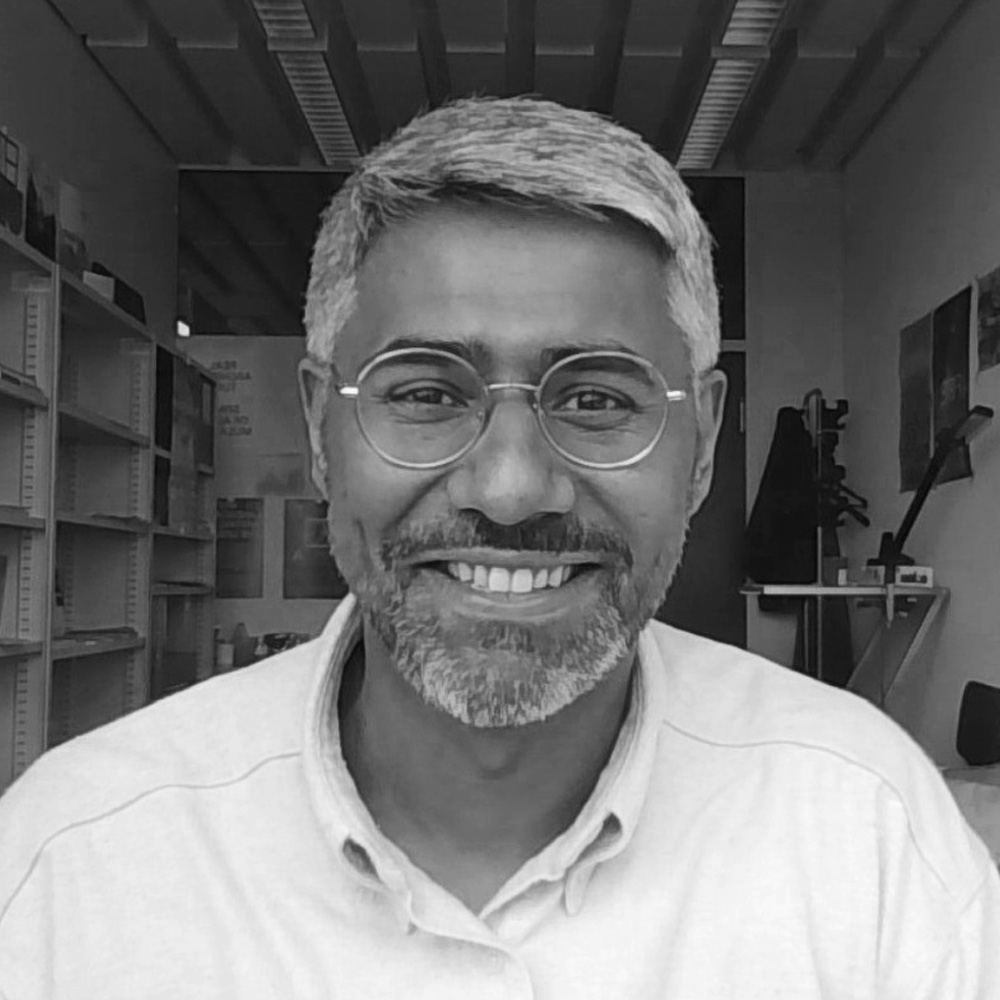
Nitin Bathla is a lecturer and postdoctoral researcher at the Department of Architecture, ETH Zürich, where he coordinates the doctoral program at the Institute of Landscape and Urban Studies. He lectures on urban studies, and political ecology, and his current research focuses on agrarian questions under the planetary age. In his academic practice, Nitin actively combines research with artistic practices of filmmaking, and socially engaged art. His 2020 film Not Just Roads premiered at several important film festivals and won the SAH Film Award 2022. Nitin co-chairs Track 2.
Knowledge co-production
and co-learning: crafting linkages
in international engagement
Julia Wesely (BOKU Vienna)
Thursday 21 March 2024 ● 09:30 ● Aula Rogers / Building 11
As planning researchers, we increasingly engage in knowledge co-production with urban actors such as local governments, private companies, NGOs, civil society organisations and others, to address contemporary urban challenges including the climate and biodiversity emergency, post-conflict recovery, and multifaceted urban inequalities. Beyond disciplinary skills, this requires different competencies such as conducting ethical research amidst partnerships marked by inequalities, carving out time for meaningful collaborations in increasingly fast-paced, marketized higher education institutions, as well as navigating expectations of diverse audiences including the public and funders.
The presentation asks: How do we learn to co-produce knowledge within a wider ecosystem of urban knowledges and practices to work towards socially and environmentally just cities? It reflects on the co-learning and co-production strategies of two international research programmes and two research collectives as well as Track 3, to analyse the multifaceted relations and interlinkages between (co-)learning and knowledge (co-)production as well as their underlying assumptions and the conditions under which they can be further nurtured and expanded.
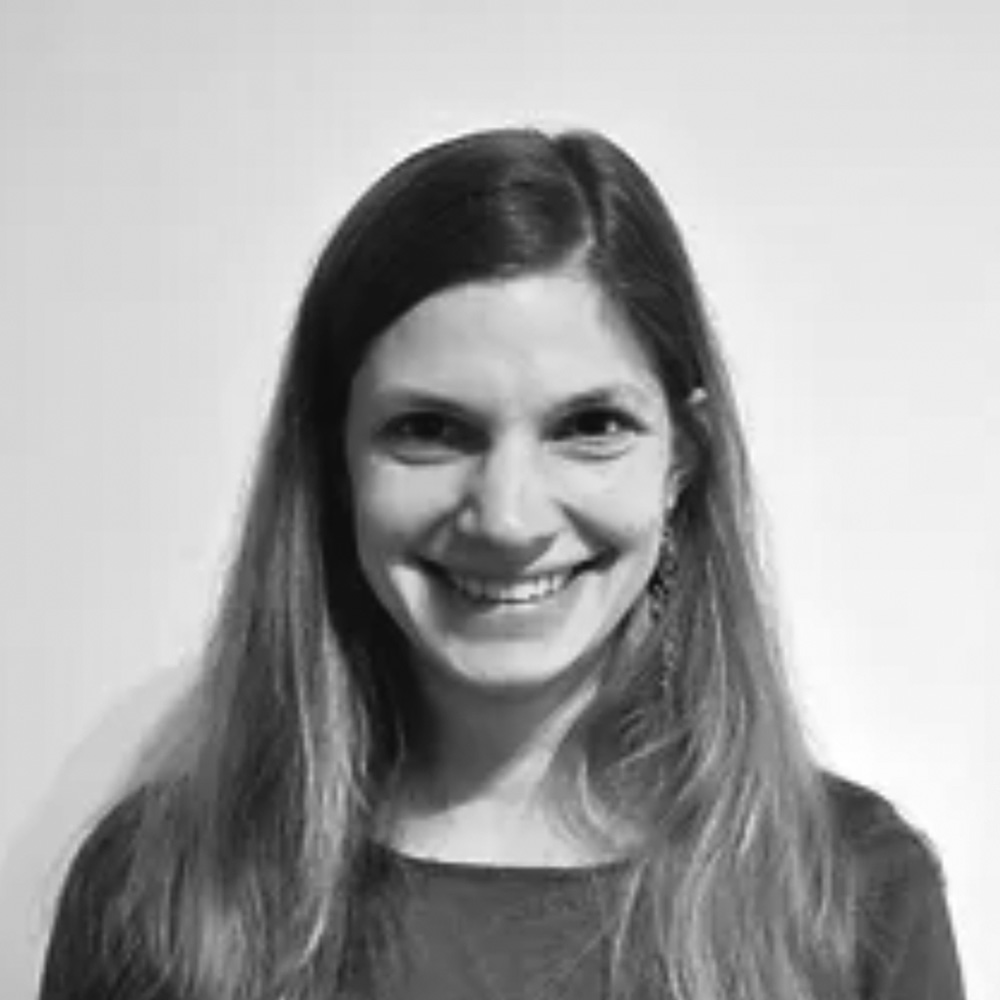
Julia Wesely is a Postdoctoral researcher at the Institute of Landscape Planning at the University of Natural Resources and Life Sciences in Vienna and holds a PhD in development planning from The Bartlett Development Planning Unit, University College London. Her research, teaching and public engagement focuses on the intersections of urban (in)equalities, environmental (in)justices and critical pedagogies. Julia has worked in collaboration with universities, civil society organisations, NGOs and social movements from several Latin American, African and European cities. She is part of the ECR collective “Overlooked Cities” as well as a nimbly organized network discussing the “Public Role of Universities in International Engagement”. Julia co-chairs Track 3.
Geographies of Ecological Surplus
Nikos Katsikis (TU Delft)
Thursday 21 March 2024 ● 10:00 ● Aula Rogers / Building 11
Geographies of Ecological Surplus aims to challenge the dominant metageographies of urbanization as a city centric, human-centered condition. In contrast, this contribution explores urbanization as a process of re-organization of world ecological value, through a series of visualizations that build upon a critical instrumentalization of global geospatial datasets. Settlement spaces, although covering no more than 4% of the earth’s surface, are directly interconnected through their bio-geographical interdependencies with the transformation of the rest of the 70% of the total land surface currently used. This “other 70%” mostly hosts more-than-city, more-than-human landscapes of primary production: agricultural, grazing and forestry zones, sites of resource extraction and waste disposal where more-than-human agents are put at work in support of city life. This project aims to shed light upon these largely invisible operational landscapes of planetary urbanization, highlighting their critical role in organizing social and ecological surplus. It challenges urban metageogrpahies of the spiky world, and questions the role of cartography in offering a multiscalar perspective of the planetary hinterlands of the Capitalocene.
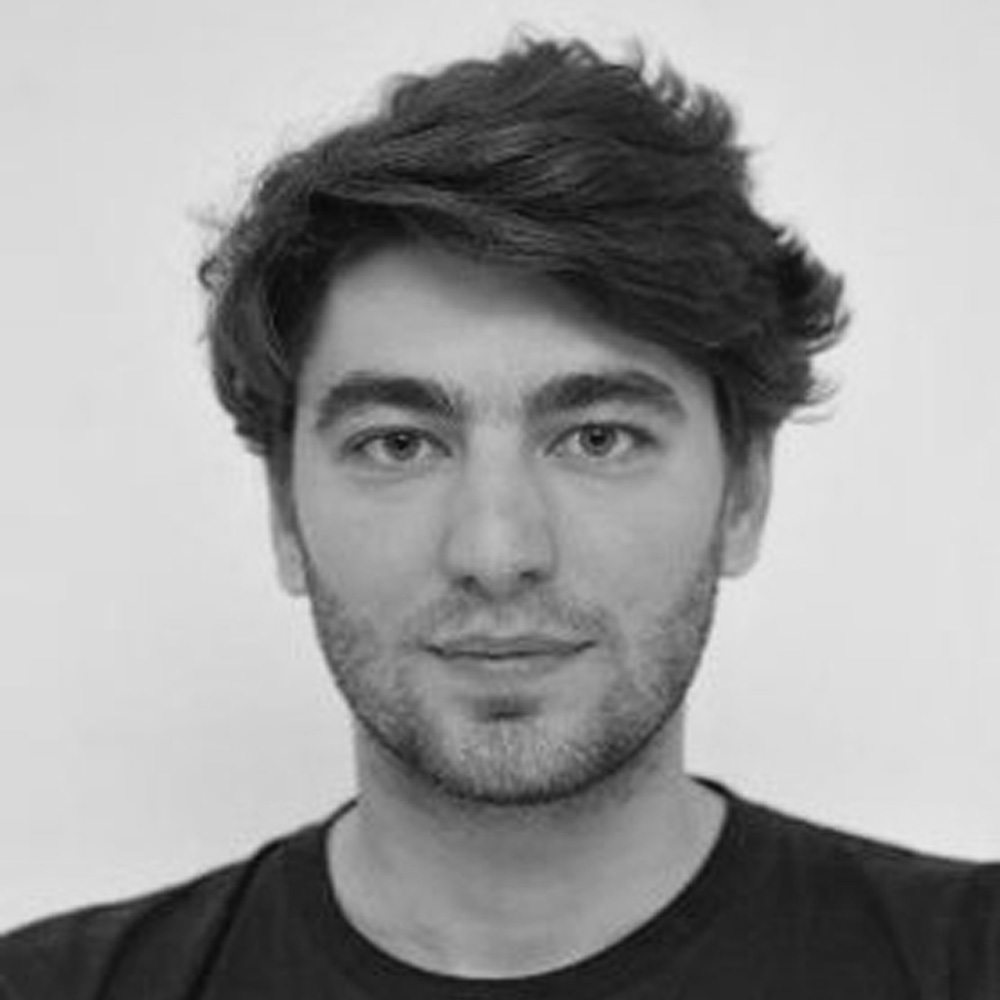
Nikos Katsikis is an urbanist working at the intersection of urbanization theory, design and geospatial analysis. His research seeks, through conceptual and cartographic experimentation, to contribute to a geographical understanding of the socio-metabolic relations between agglomerations and their operational landscapes. He is currently Assistant Professor at the Urbanism Department, TU Delft and Researcher at Urban Theory Lab Chicago, and Future Cities Laboratory, ETH, Zurich. He also serves as an external consultant to the European Commission Joint Research Center. He holds a Doctor of Design from Harvard Graduate School of Design (GSD), where he was also lecturer in Urban Planning and Design, and on the editorial board of the New Geographies journal. Nikos co-chairs Track 5.
